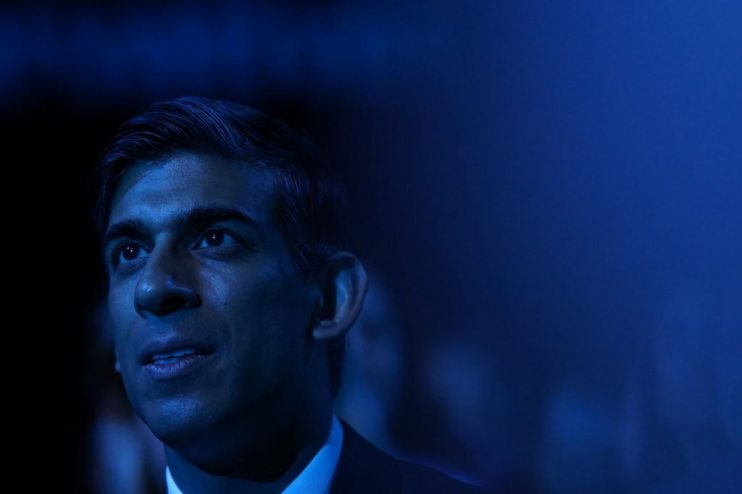Editorial: If tax cuts worked in a crisis, why not after it, too?

AS A RULE, when one tries something, and it works, one continues it. Having finally mastered penicillin, Alexander Fleming did not go back to the drawing board.
Nor, having invented the telephone, did Alexander Graham Bell eschew his new contraption in favour of the carrier pigeon.
Past success is worth repeating is a maxim worth following, albeit – for the sake of Newcastle’s journalists – perhaps not when it applies to the Saudi state’s hands-on approach to media management after the regime’s takeover of the city’s football club.
In short, if something works, it’s worth keeping. So it is with tax policy.
In our opinion pages today we carry arguments for two ideas – the conversion of temporary tariff suspensions on the trans-Atlantic booze trade into permanence, and the setting of a new, lower rate of VAT for the embattled hospitality trade after the success of the Covid-19-induced reduction over recent months.
Both have proved, so far, worthwhile. They have stimulated trade, and custom, at a time when punters were watching the pennies. It seems a no-brainer to extend them, and yet, we will hold our breath.
Unfortunately, tax increases are rarely so temporary. It is oft-quoted that income tax was originally a temporary measure to fight the French.
Despite the Elysee Palace’s best attempts to spark a further conflict over planning applications for fishing boats in the Channel Islands, it will not have escaped your notice that we are now more likely to be googling holiday pads in Provence than we are readying the chainmail for a real-life re-run of Agincourt. Income tax, nonetheless, remains.
So it is that we look upon this week’s wink-wink, nudge-nudge promises from Boris Johnson and Rishi Sunak of tax cuts tomorrow after tax hikes today. Commentators suggest the pitch is being rolled for a low-tax manifesto at the next election, once the public finances are ‘sustainable.’ We’ll believe it when we see it.
